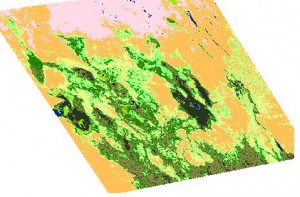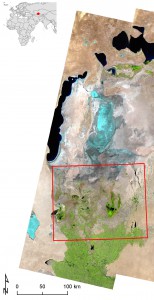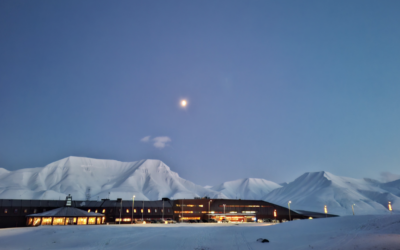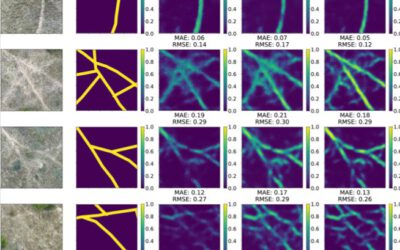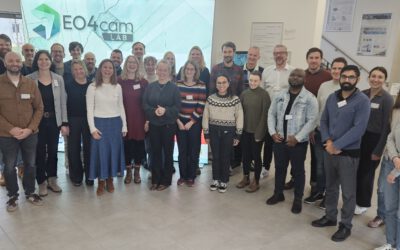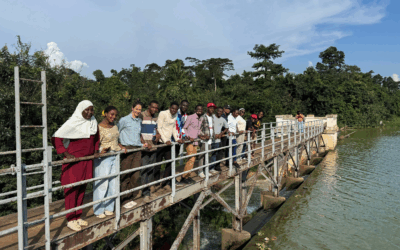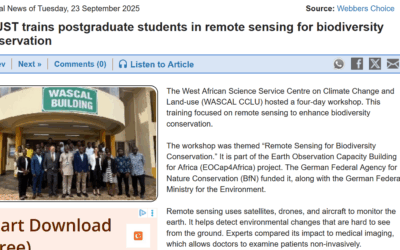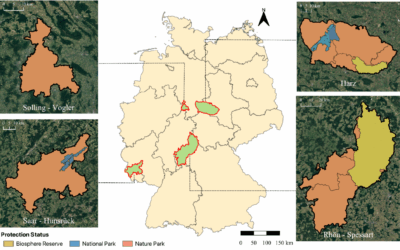The Central Asia research team at the Department of Remote Sensing, Würzburg University, recently started investigating potential risk areas for infestation of the Asian Migratory locust, Locusta migratoria migratoria L., in the Aral Sea basin.
Asian Migratory locust is a serious crop pest in the Amudarya River delta near the Aral Sea in Uzbekistan, Central Asia. Its economic importance increased after desiccation of the Aral Sea. Vast areas of the former sea bottom became covered with stands of common reeds Phragmites australis, which are well-known as the main breeding locust habitat in this region. In order to enable efficient locust monitoring, accurate information about the spatial distribution of reeds is essential.
Traditional ground-based locust monitoring is hardly possible in most areas of the delta, particularly on the former sea bottom. Due to its high revisit frequency, adequate spectral resolution and synoptic coverage, data from the MODIS satellite sensor aboard the Terra and Aqua platforms can provide the required information about spatio-temporal reed distribution in the Amudarya delta.
Additional efforts are recently spent on extending the methodology to provide early detection of potential breeding habitats within the growing season, and to analyze the correlation of water inflow to the delta and the spatial extent of locust breeding habitats. The results are instrumental for predicting potential locust outbreaks and developing better targeted management plans.
First results of our research will be presented at the upcoming IGU conference in Moscow.
For more information regarding recent and future research activities in this field, or interest in B.Sc. or M.Sc. thesis, contact Dr. Fabian Löw from the Department of Remote Sensing in Würzburg.


